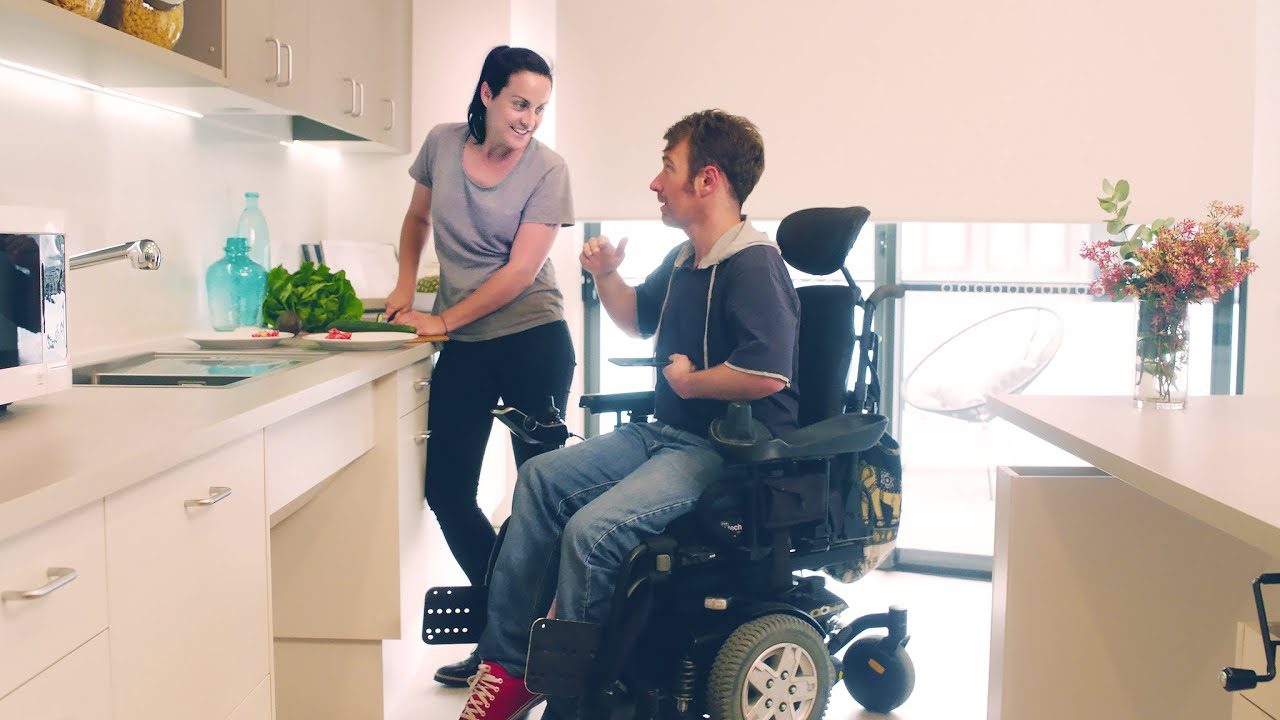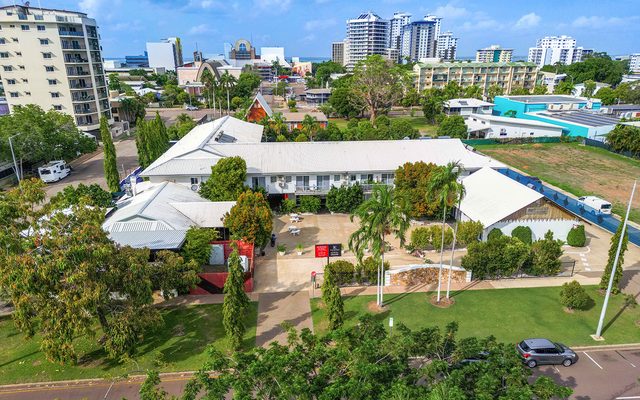This article is from the Australian Property Journal archive
THE Specialist Disability Accommodation (SDA) market has not grown as anticipated – and has slowed since 2021 – as community housing providers baulk at providing accommodation due to financial risks, a new report from AHURI has found.
The SDA program, which delivers specialist housing support for Australians with extreme functional impairment or very high needs, is “designed to attract private market investment”, however, program restrictions are creating a barrier to this investment, according to the Specialist Disability Accommodation in the social housing sector: policy and practice, undertaken for AHURI by researchers from Curtin University and the University of New South Wales.
State and territory government roles need to be further defined also, the report found.
“While Community Housing Providers are ideally placed to deliver this highly specialised accommodation, some are pausing their involvement due to the level of financial risk they are required to bear,” said report co-author, Adam Crowe of Curtin University.
“Shouldering the financial risk associated with providing SDA until late in the development stage, coupled with delayed SDA payments, has substantial financial implications for the Community Housing sector in terms of managing debt finance, SDA portfolio growth, attracting new entrants and retaining current providers,” Crowe said.
The SDA program is designed as an individualised funding model, which attempts to give National Disability Insurance Scheme (NDIS) participants a level of choice in their housing options, balanced against the criteria used by the National Disability Insurance Agency (NDIA) to make their funding decisions.
Despite an annual allocation of $700 million by the NDIA to the SDA program over a 10-year period, actual payments amounted to only $214 million in 2022. The program was anticipated to leverage an additional $5 billion in private market investment over that time, but dwelling delivery has stagnated since 2021. Investment has delivered housing for just over 18,200 NDIS participants nationally to December 2022, well short of the estimated 30,000 SDA placements required.
Only very few NDIS participants – around 6% – are eligible for SDA funding, and so many still rely on state and territory governments to deliver appropriate housing. The report found that the transfer of specialist accommodation provision from the states and territories to the federal government under the NDIS has actually reduced their capacity to provide specialised housing for those with high needs.
“State and territory governments’ interactions with the SDA program differ significantly, from a ‘hands-off’ approach through to housing delivery,” Crowe said.
“Our research identified a lack of transparency and consistency in SDA funding decisions, and this has the potential to undermine both participant outcomes and the confidence of providers to deliver Specialist Disability Accommodation.
“Funding decisions often contradict the clinical evidence provided by professionals; NDIS participants with similar housing needs can receive very different funding outcomes.
“Although NDIS participants can appeal these decisions, it is a lengthy, costly and complex process, which can result in negative health and wellbeing outcomes for people with disability.”




